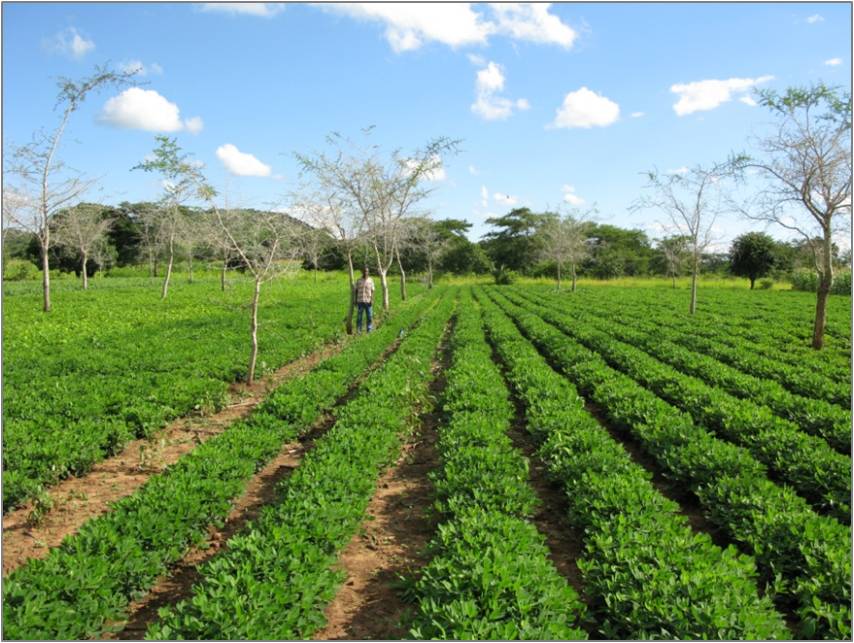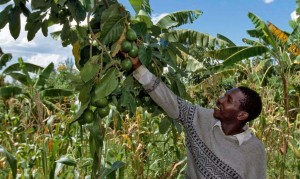A regional consultation on agro forestry on Thursday underscored the need for enabling policies to ensure that farmers get technology and financial incentives to integrate trees and shrubs on farmland for developing resilience to climate change.
“India has the most progressive agro forestry policy in the world,’’ Director-General of Kenya-headquartered ICRAF (World Agro forestry Centre) Tony Simons told The Hindu on the sidelines of the conference here. “This needs to be followed up with investments and better coordination between States.’’
“There is a lot of degraded land and farm land without trees in India. The key is to add trees to the landscape,’’ he said. Agro forestry is defined as a land use system which integrates trees and shrubs on farmlands and rural landscapes to enhance productivity, profitability, diversity and ecosystem sustainability. It is practised in both irrigated and rain-fed conditions and is an important component for bringing about resilience in agriculture to face up to climatic changes.
Mr. Simons does not believe Indian farmers need to earn carbon credits especially the ones with small holdings so long as the country moves in the direction of increasing its green cover. “The important thing is to align the needs of small farmers with that of the village, the State, the country and the world,’’ he said. And for this, he feels, small private sector entrepreneurs as well as big multi- national companies will have to be incorporated in public-private partnership mode.




